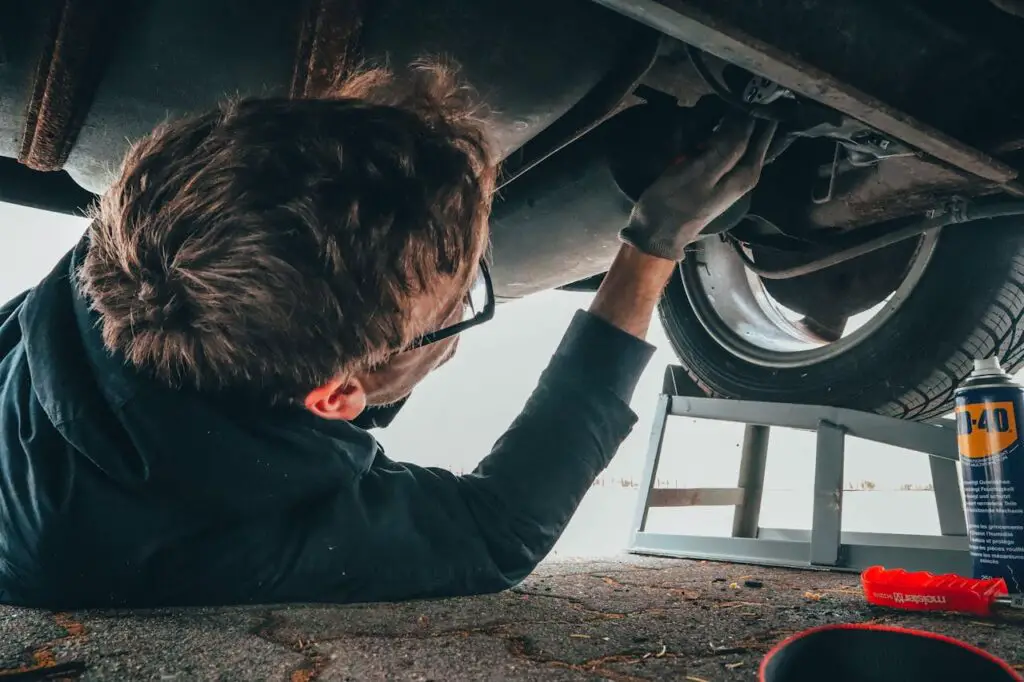Is That Extra Car Worth It? 7 Signs Boomers Should Sell in Retirement

Retirement is supposed to be about freedom, relaxation, and enjoying the fruits of your hard work. For many Baby Boomers, that means less hustle and more living—traveling, spending time with loved ones, or finally tackling that bucket list. But here’s something that often gets overlooked: the cars sitting in the driveway.
Maybe you bought that second car when you and your spouse were both commuting to work. Or perhaps you held onto a vehicle out of habit, nostalgia, or “just in case.” But now, you might be paying thousands each year to maintain something you barely use.
So, is that extra car really worth it in retirement? For many Boomers, the answer is no. Here are seven clear signs that it might be time to downsize your garage and give yourself a little more breathing room—financially and emotionally.
1. You’re Not Driving It Enough

Be honest: when was the last time you took your second car out for more than a quick spin? If the odometer barely moves from year to year, you are basically paying for a very expensive lawn ornament. Insurance, maintenance, registration, and inspections do not care how often you drive—they cost money whether you use the car daily or once in a blue moon.
Think of it this way: if that vehicle is sitting idle more than it is moving, it is draining your budget without providing much value. Retirement is about making smarter choices with your time and money, and keeping a car you rarely use does not check either box.
2. It’s Eating Into Your Retirement Budget

The truth is, cars are expensive to own even when they sit in the driveway. According to AAA, the average cost of owning and operating a vehicle in the U.S. runs over $4,000 a year once you add up insurance, fuel, maintenance, and registration. Multiply that by two cars, and you could be shelling out more than $8,000 annually—money that could go toward a vacation, home upgrades, or simply padding your retirement savings.
For Boomers on a fixed income, trimming unnecessary expenses is key to keeping retirement stress-free. If you are looking for an easy way to cut thousands from your budget without sacrificing much in your lifestyle, selling an extra vehicle might be one of the smartest moves you can make.
3. You Could Simplify Your Life

One of the biggest perks of retirement is simplifying. No more long commutes, juggling schedules, or squeezing in errands after work. Downsizing to one car fits perfectly into that lifestyle. Imagine fewer oil changes, fewer repair bills, less paperwork, and no more juggling keys.
Instead of worrying about when the next set of tires will cost you or whether your inspection is overdue, you can focus on things that actually bring you joy. Selling that extra car is not just about money—it is also about peace of mind. Retirement is too short to be weighed down by unnecessary hassle.
4. You Live in a Walkable or Transit-Friendly Area

If you live in a neighborhood where grocery stores, pharmacies, and coffee shops are just around the corner, you may not need two cars anymore. Many Boomers are discovering the joys of walkable communities where essentials are nearby and public transit is reliable. Even ridesharing apps can make life easier when you only need an occasional extra trip.
Not only can this save you thousands each year, but it can also benefit your health. Walking to the store or taking public transit adds gentle activity to your day, which is a great bonus for staying fit in retirement.
5. You’ve Tried the “One-Car Test”

Still not sure whether you could actually live with one car? Here is an easy experiment: park the car you think you could sell and go a week or even a weekend without it. Use only the vehicle you plan to keep.
Notice how often you miss the second car. Was it inconvenient, or did you hardly notice? Most couples discover that coordinating schedules and errands is easier than they expected. If you find that life goes on just fine with one car, that is a strong sign you are ready to let go of the extra wheels.
6. You’d Rather Trade Convenience for Extra Cash

An extra vehicle might give you a sense of convenience, but selling it could give you something even better: financial breathing room. Even if your second car is not worth a fortune, getting a lump sum from the sale and cutting out ongoing costs like insurance and maintenance can free up serious money.
That cash could fund a long-awaited trip, help with home improvements, or simply sit in your savings account as a safety net. Many Boomers find that letting go of a little convenience in exchange for more financial flexibility is well worth it.
7. The Car Holds Sentimental but Not Practical Value

Maybe your extra car is a classic convertible you always dreamed of owning. Or perhaps it was your commuter car for decades, and it feels strange to let it go. Sentimental value is real—but it can also be costly.
If the vehicle is more of a memory than a practical necessity, consider selling it to someone who will use and enjoy it. You do not have to give up the memories, but you can stop paying for them in the form of insurance, upkeep, and storage. Retirement is the time to prioritize active joy, not nostalgia that sits in the garage.
Final Thoughts

Letting go of an extra car can feel like a big step, especially if you have owned it for years. But think of what you gain: more money in your pocket, less stress, and a simpler, more enjoyable retirement. Instead of pouring resources into something that just sits in the driveway, you can redirect that energy toward experiences that matter—whether it is traveling to see your grandchildren, picking up a new hobby, or finally checking that dream destination off your list.
Retirement is about making smart choices that give you freedom. Sometimes, that freedom comes not from adding more but from having less. Selling an extra car might just be the road to a lighter, happier, and more fulfilling chapter of your life.
Leave a Reply